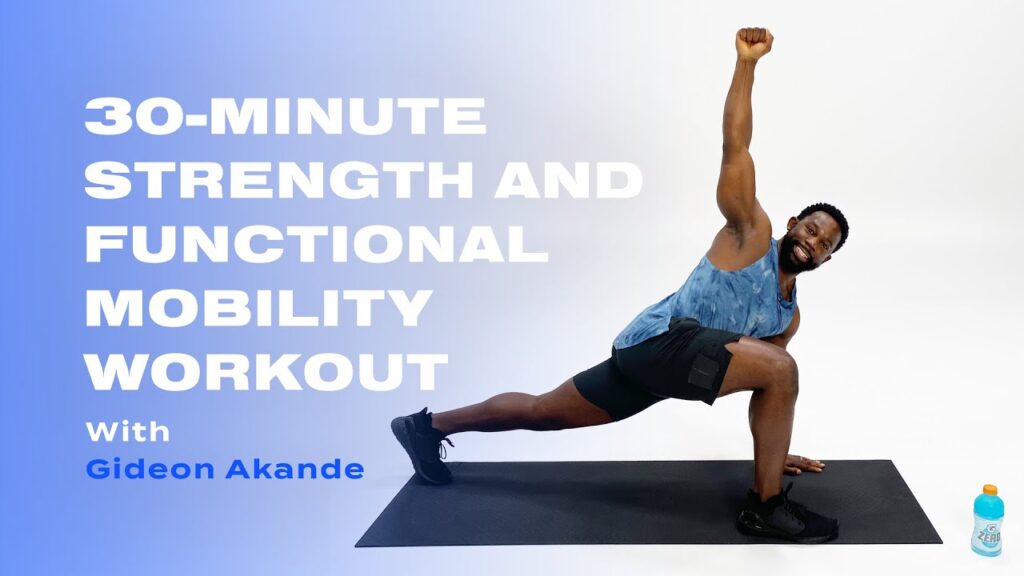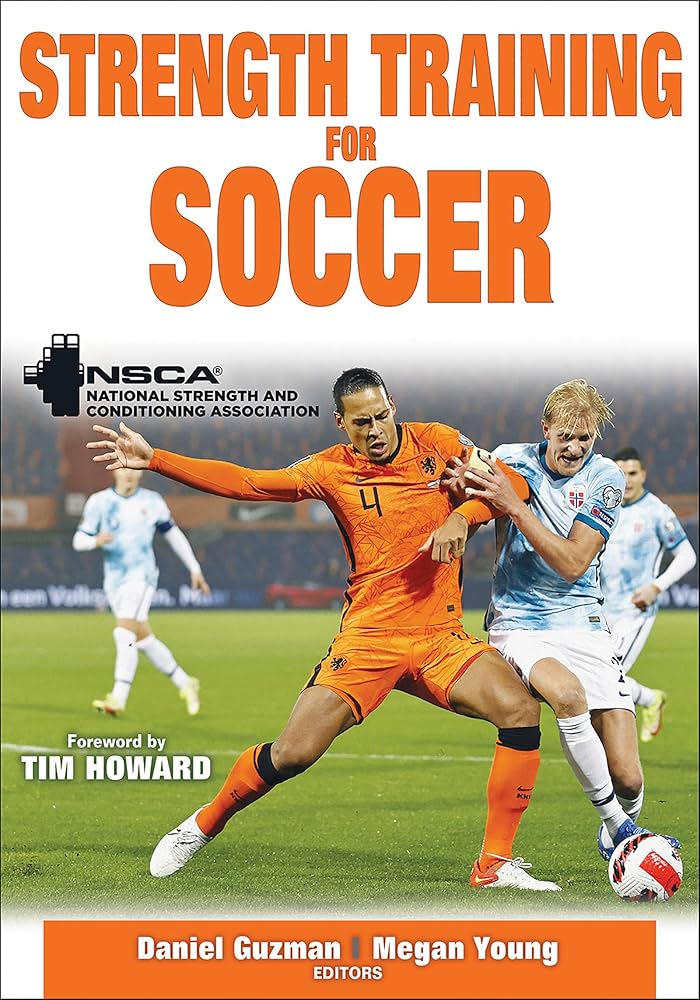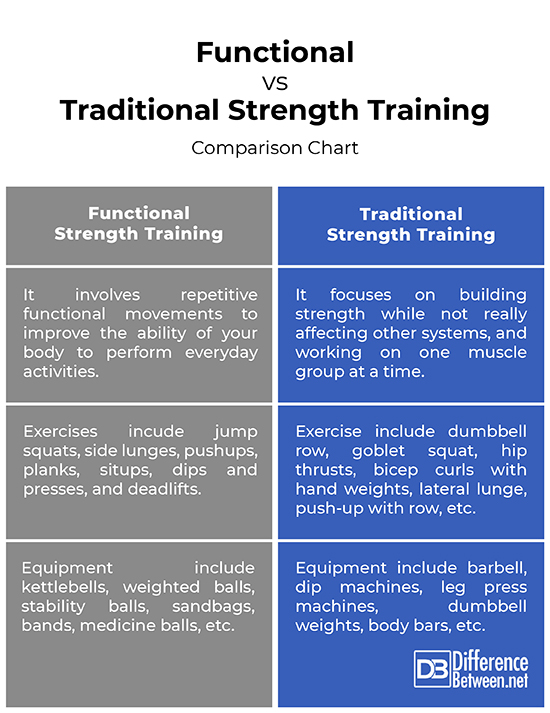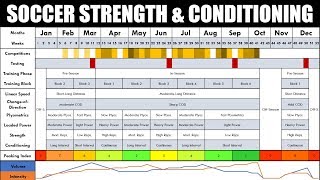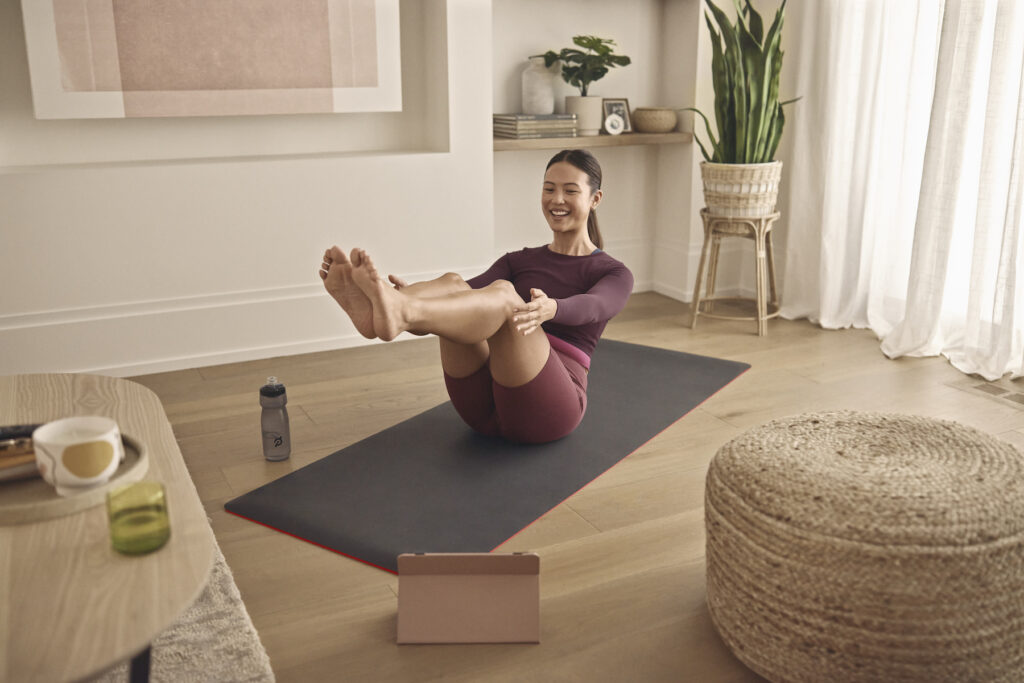BJJ strength training enhances performance and reduces injury risk. It focuses on building functional strength, agility, and endurance.
Brazilian Jiu-Jitsu (BJJ) demands both mental and physical prowess. Strength training plays a crucial role in improving a practitioner’s overall performance. By incorporating exercises that target functional strength, agility, and endurance, athletes can gain a competitive edge. Workouts often include compound movements like deadlifts, squats, and kettlebell swings.
These exercises mimic the dynamic movements in BJJ, helping to build muscle and improve cardiovascular health. Consistent strength training not only boosts performance but also helps in injury prevention. Practitioners can roll more effectively, maintain better control, and increase their stamina on the mat.
The Foundation Of Bjj Strength
Building a strong foundation in BJJ strength training enhances performance and reduces injury risk. Focus on functional exercises to improve grappling power and overall endurance.
Key Muscle Groups For Bjj
Leg muscles are crucial for BJJ. They help in guard positions and escapes. Strong legs can improve your ability to sweep opponents. Arm muscles also play a vital role. They are essential for gripping and controlling your opponent. Back muscles support your posture and help you avoid injuries. A strong back helps in maintaining balance and executing throws. Chest muscles assist in pushing and stabilizing movements. They are important for maintaining control during grappling.
The Role Of Core Strength
The core is the body’s powerhouse. A strong core improves stability and balance. It aids in executing powerful techniques. Core strength reduces the risk of injuries. It helps you maintain control over your movements. Core workouts should be a regular part of your training.
Designing Your Strength Training Program
Setting realistic goals is very important. You must understand your current fitness level. Start with small goals. This helps you stay motivated. Gradually increase your goals. Always celebrate your small achievements. Never rush the process. Consistency is key.
Balancing strength and flexibility is crucial in BJJ. Strong muscles help you perform better. Flexible muscles reduce the risk of injuries. Include both strength exercises and stretching routines. This ensures a well-rounded program. Always warm up before workouts. Cool down after workouts. Stretch regularly to maintain flexibility.
Essential Strength Exercises For Bjj
Grip strength is crucial for BJJ. Use a grip trainer for daily practice. Farmer’s walks with heavy weights also help. Practice gi pull-ups to simulate real conditions. Towel hangs improve grip endurance. Rice bucket drills strengthen fingers and wrists. Repeat these drills regularly.
Strong legs provide explosive power. Squats are fundamental for leg strength. Lunges improve balance and coordination. Box jumps build explosive power. Deadlifts increase overall strength. Plyometric exercises enhance quick movements. These exercises should be part of your routine.
Upper body strength is essential. Pull-ups build back and arm muscles. Push-ups develop chest and triceps. Bench presses increase upper body power. Rows enhance back strength. Shoulder presses improve shoulder stability. Consistent training leads to better performance.

Credit: evolve-mma.com
Incorporating Bodyweight Movements
Bodyweight training is great for BJJ athletes. It improves strength, flexibility, and endurance. You don’t need any equipment. You can do these exercises anywhere. This makes it very convenient. Bodyweight exercises also reduce the risk of injuries. They help in muscle balance and coordination. These benefits are crucial for BJJ fighters.
Here are some excellent bodyweight exercises for BJJ:
- Push-ups: Great for chest and shoulders.
- Pull-ups: Strengthens back and arms.
- Planks: Builds core stability.
- Squats: Excellent for leg strength.
- Burpees: Full-body workout and cardio.
Using Weights To Boost Bjj Performance
Choosing the right weights is essential for BJJ strength training. Light weights help with improving endurance. Heavy weights build muscle mass and strength. Use weights that match your current fitness level. Gradually increase the weight as you get stronger.
Compound exercises engage multiple muscles at once. Squats and deadlifts are great examples. Isolation exercises target one specific muscle. Bicep curls and leg extensions are examples. Compound exercises are better for overall strength. Isolation exercises can fix muscle imbalances.
Functional Training For Bjj
Functional training helps mimic BJJ movements. This improves your performance on the mat. Key exercises include bodyweight squats and lunges. These mimic the positions you use in BJJ. Medicine ball throws help develop explosive power. Pull-ups strengthen your grip and back muscles. Planks and mountain climbers build core strength. These movements are crucial in BJJ.
Efficiency in movement is vital for BJJ success. Training helps you move better and faster. Agility drills like ladder exercises improve footwork. Kettlebell swings boost hip mobility and power. Single-leg deadlifts enhance balance and coordination. Banded walks strengthen hip muscles. These workouts make your BJJ movements smoother. Plyometric exercises like box jumps increase explosiveness.
Recovery And Injury Prevention
Rest days are crucial for muscle recovery. They help prevent overtraining and reduce the risk of injuries. Muscles need time to repair and grow stronger. Skipping rest can lead to fatigue and poor performance. Incorporating rest days improves overall training efficiency. They also help maintain mental health by reducing stress levels.
Preventive exercises help build strength and stability. They target weak areas to prevent injuries. Incorporating stretching routines enhances flexibility and range of motion. Stretching before and after training reduces muscle stiffness. It also improves blood circulation and speeds up recovery. Consistent preventive exercises and stretching are essential for long-term training success.
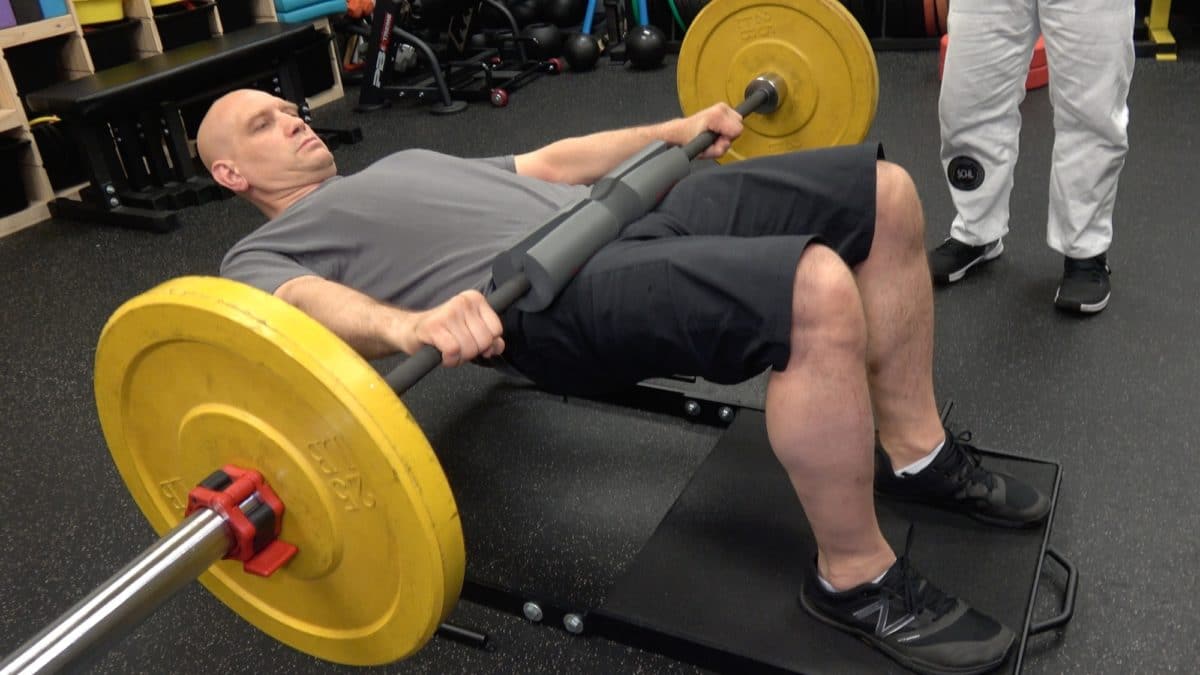
Credit: www.grapplearts.com
Nutrition And Strength Training
Eating the right foods boosts your BJJ performance. Carbohydrates provide energy for tough workouts. Proteins help build and repair muscles. Good fats support overall health and stamina. Include vegetables and fruits for vitamins and minerals. Avoid junk food and sugary drinks. Drink plenty of water throughout the day.
Staying hydrated is key for BJJ training. Water helps regulate body temperature. It also helps transport nutrients to your muscles. Drink water before, during, and after training. Electrolyte drinks can be useful after intense sessions. Avoid drinks with too much sugar or caffeine. Always keep a water bottle nearby.

Credit: bjjfanatics.com
Frequently Asked Questions
How To Train Strength For Bjj?
To train strength for BJJ, focus on compound exercises like deadlifts, squats, and bench presses. Incorporate bodyweight exercises such as pull-ups and push-ups. Use kettlebells for dynamic strength. Train 2-3 times weekly, balancing BJJ practice and recovery.
How Many Days Strength Training Bjj?
Strength train for BJJ 2-3 days a week. Focus on compound exercises to enhance performance and prevent injury.
How To Get Stronger Arms In Bjj?
To get stronger arms in BJJ, focus on compound exercises like pull-ups, rows, and push-ups. Incorporate grip strength training.
How Do You Build Explosive Strength In Bjj?
To build explosive strength in BJJ, focus on plyometric exercises, Olympic lifts, and high-intensity interval training. Incorporate drills like box jumps, kettlebell swings, and sprints. Maintain proper nutrition and rest.
What Is Bjj Strength Training?
BJJ strength training involves exercises to enhance muscle strength, endurance, and power for Brazilian Jiu-Jitsu practitioners.
Why Is Strength Training Important For Bjj?
Strength training improves performance, prevents injuries, and enhances overall physical fitness for effective BJJ practice.
How Often Should I Do Bjj Strength Training?
Aim for 2-3 strength training sessions per week to complement your BJJ practice.
What Are The Best Exercises For Bjj Strength?
Deadlifts, squats, pull-ups, and kettlebell swings are excellent for building strength specific to BJJ needs.
Can Bjj Improve Without Strength Training?
While possible, strength training significantly enhances performance, endurance, and injury prevention in BJJ.
Should Beginners Do Bjj Strength Training?
Yes, beginners should incorporate basic strength exercises to build a solid foundation and improve their BJJ skills.
Conclusion
Achieving peak performance in BJJ requires dedicated strength training. Consistent effort will yield significant improvements. Focus on compound exercises and proper recovery. Tailor your workouts to enhance endurance and power. Embrace the journey, and witness your BJJ skills elevate. Start today and transform your martial arts experience.

